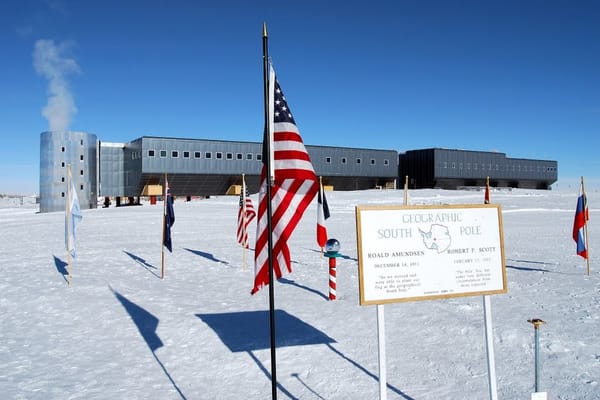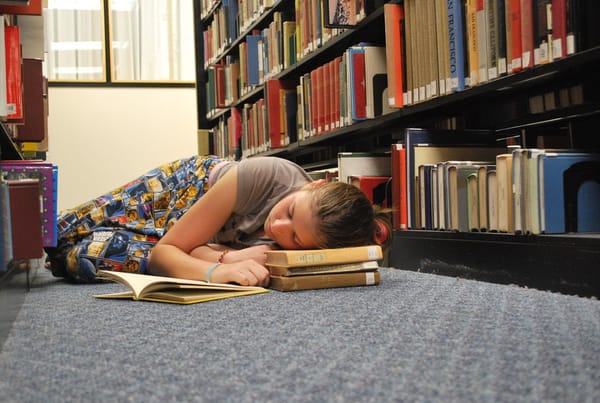From Trash to Treasure, via Synthetic Biology
Imperial's Team Plasticity on Genetic Engineering
Imperial’s iGEM (international Genetically Engineered Machine) team have just flown back from Lyon, finishing in the top three in Europe in the international Synthetic Biology competition and progressing to the next round at MIT in Boston.
We all know Imperial is good at Engineering. What you may not know is that they can even engineer living things. It may sound crazy but that is what the people here at the Centre for Synthetic Biology and Innovation are doing. Whether sitting all quiescent or quaking visibly (the latter being the iGEM team), ideas pop into their heads about what they would like living things to do, then they set about it. This is exactly what it is all about: can biology be used in those delicate and complicated situations where traditional engineering is failing us, in waste management for example?
This is the focus of Team Plasticity’s project; turning a mixed waste which is actually the result of high tech recycling facilities into a plastic made inside living cells. Hundreds of thousands of tonnes of this waste, called Solid Recovered Fuel (SRF) are shipped to Europe to be incinerated every year. Now you may think ah, fuel, that is a good thing, right? Well, I am sorry to say this but, ugh-urgh, incorrect.
No 1- it pollutes the environment and some studies have linked increased levels of cancer to nearby incinerators.
No 2- it does not make economic sense, with millions of pounds per annum spent on disposal by each recycling plant.
No.3- it is a downright waste of resources.
One third of the SRF is made of plastics and the rest is paper, wood and fibres. What if you could do something better with this? What if you could turn it into a viable alternative to petrochemical plastics which are causing so much pollution and at the same time recycle the plastics already in there? Well, this is what we have been working on.
We did this as part of the iGEM competition which challenges over 200 teams from around the world to design and make a system using the principles of Synthetic Biology (Syn Bio). This is the application of engineering principles such as specifications, modularisation and computer modeling to biology. Last weekend all the teams from Europe, 60 in total, met to celebrate their hard work at the regional jamboree. There were some really incredible projects and we were lucky enough to place in the top three, earning a place in the final at MIT, starting 1st November.
We have engineered E.coli to produce the bioplastic poly-3-hydroxybutyrate (PHB) inside themselves when using this waste as their only energy source. PHB is pretty amazing. Not only can it be used as an alternative to petrochemical plastics, it can form tissue scaffolds which are broken down as the body heals and even be 3D printed. Importantly, it can breakdown in the environment, albeit slowly, into non-toxic compounds. One of the biggest issues stopping these plastics playing a more important role in our lives is their cost, which is largely due to their production from plant biomass. Our system aims to lower this price and deal with the environmental issues associated with incineration and petrochemical plastics. After the bioplastic has been used it will be fed into our recycling system, to ensure it itself is not wasted.
iGEM is not just about the science. It is also a hotbed of creativity where the teams are encouraged to think about how their projects will impact on the world. This is all towards the goal of responsible innovation; ensuring that the technologies are causing more good than harm. Our system is designed to work at an industrial scale but we have also looked at how our world might look in the future, when waste is seen as a precious resource. We have designed a concept home bioreactor linked to a 3D printer, directly turning your waste into brand new objects. Maybe in the future you won’t have to take the bin bag out, but instead you will be able to print some new shoes!
You can find out more about our project here: 2013.igem.org/Team:Imperial_College and more about the best from each region here: 2013.igem.org/Jamborees








